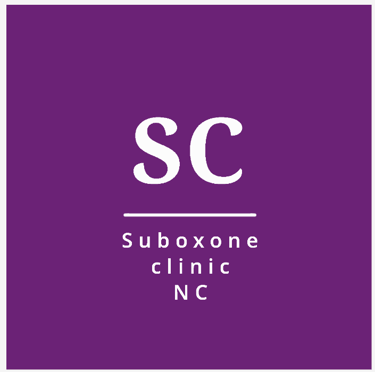Why Rehab Is Not Necessary for Opioid Addiction
You might be surprised by what research has to say about opiate addiction: Instead of inpatient detox, look for a specialist who can prescribe medication to help you overcome your addiction.
You might be surprised by what research has to say about opiate addiction: Instead of inpatient detox, look for a specialist who can prescribe medication to help you overcome your addiction. What is the best way to deal with heroin or painkiller addiction? Isn't it a no-brainer? You go to treatment for 30 days, sweat it out in the detox unit for at least a week, and then return to therapy groups and 12-step meetings. In 90 days, you hold 90 meetings. You recover your sobriety. However, the addiction treatment that comes to mind (rehab, detox) is considerably different from what actually produces the best results (medication like buprenorphine or methadone, in conjunction with counseling).
Detox really raises the risk of mortality.
I'm not sure how this is possible. Your tolerance to pain medicines or heroin decreases when you detox without medication to reduce the risk of relapse. This means that if you decide to use again after detox, you'll be more likely to overdose. This is why, in order to avoid recurrence, it's critical to administer medicine. However, most rehabs in the United States do not supply this medicine. "Because detoxification without medication to prevent relapse increases the likelihood of drug-related death, some would label this a "iatrogenic" (induced by therapy) death," adds Dr. Adam Bisaga.
So, what is the suggested course of action? Medication.
What is the greatest approach to recover from opioid addiction if rehab isn't the best option, according to science? Medication like buprenorphine (also known as Suboxone) or methadone, when combined with therapy, has been shown to lower death rates in people battling with opiate addiction in half. Medication-assisted treatment improves the chances of recovery, which leads to lower HIV transmission, enhanced social functioning, and less criminal conduct.
Naltrexone (brand name Vivitrol) is another type of drug that can help with recovery. This sort of drug necessitates a complete detox before use. In a study comparing naltrexone and buprenorphine, naltrexone was found to be more difficult to start than buprenorphine. Simply simply, people dropped out before starting medication because detoxing is difficult. However, naltrexone, like methadone and buprenorphine, enhanced recovery prospects after therapy began.
So, why is there such a chasm between treatment and everyday life?
Addiction therapy has traditionally been done outside of medical care. From a moral shortcoming to a spiritual malady, addiction has been labeled. Regardless of how you feel about addiction, it is now recognized as a brain disorder. What is the reason for this? Because drinking alcohol or using drugs on a daily basis alters the way your brain functions. Addiction is being brought into the light of medical treatment, just like other brain disorders like depression or epilepsy.
